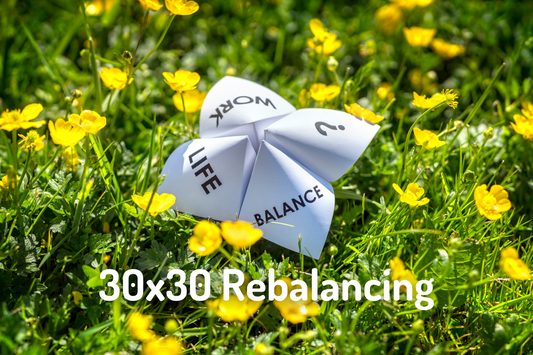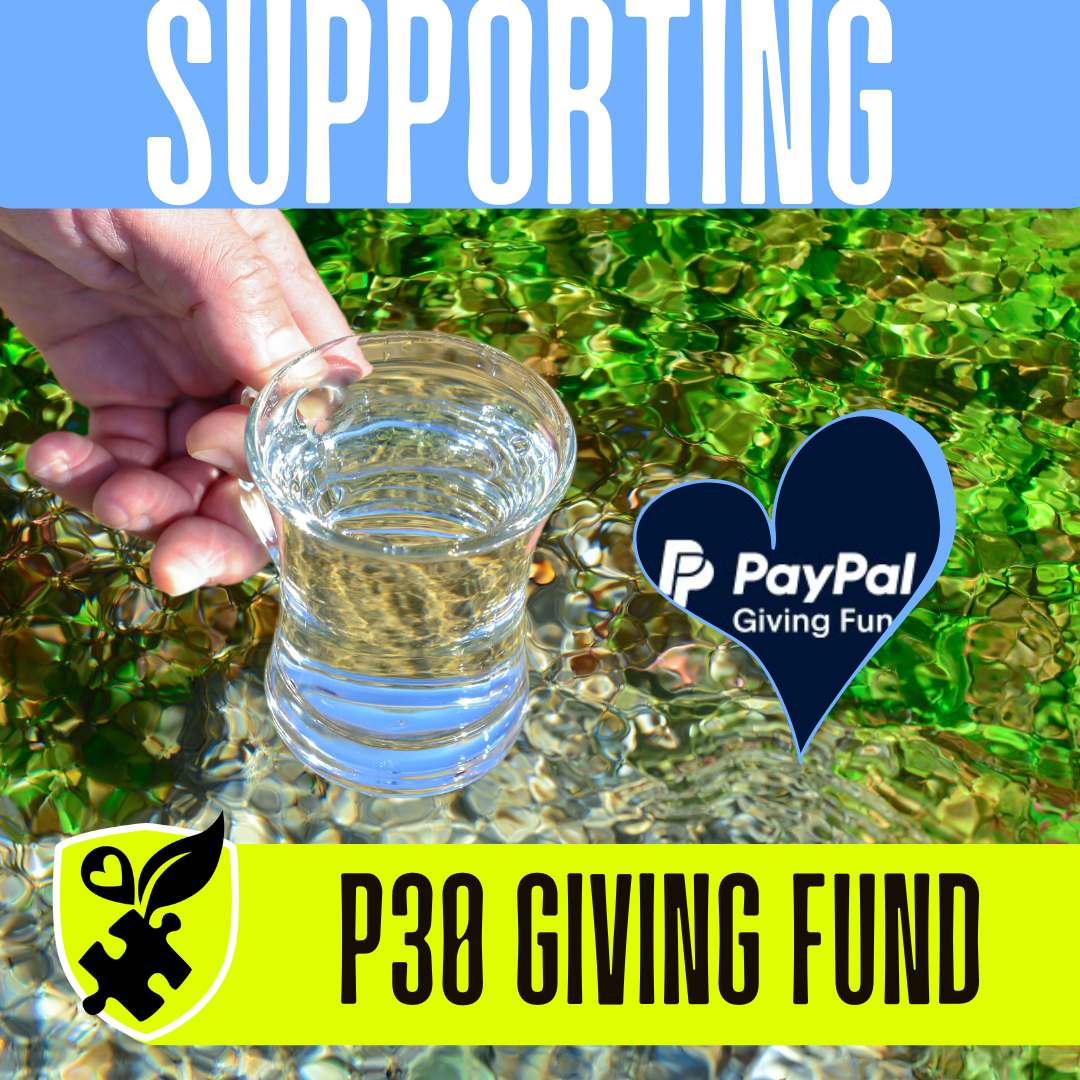Did You Know?
Fact 1: Chemical-free gardens reduce exposure to endocrine disruptors, linked to hormonal imbalances?
Fact 2: Zero-harmed gardens promote beneficial soil microbes, enhancing the nutrient content of homegrown food?
Fact 3: Gardens without pesticides reduce the risk of neurological damage, particularly in children?
Fact 4: Chemical-free gardens can improve air quality, reducing respiratory problems?
Fact 5: Zero-harmed gardens support mental health by providing a stress-reducing environment?
Bibliography
- Source 1: Altieri, M. A. (1995). Agroecology: The science of sustainable agriculture. Westview Press.
- Source 2: Bengtsson, J., Ahnström, J., & Weibull, A. C. (2005). The effects of organic agriculture and landscape heterogeneity on biodiversity in Sweden. Journal of Applied Ecology, 42(3), 463-471.
- Source 3: Crinnion, W. J. (2010). Organic poisons from pesticide residues in food. Alternative Medicine Review, 15(2), 114-127.
- Source 4: Reganold, J. P., & Wachter, J. (2016). Organic agriculture in the twenty-first century. Nature Plants, 2(2), 1-8.
- Source 5: USDA National Organic Program. (n.d.). Organic 101: What are the USDA organic standards?. https://www.usda.gov/media/blog/2012/03/22/organic-101-what-are-usda-organic-standards



















